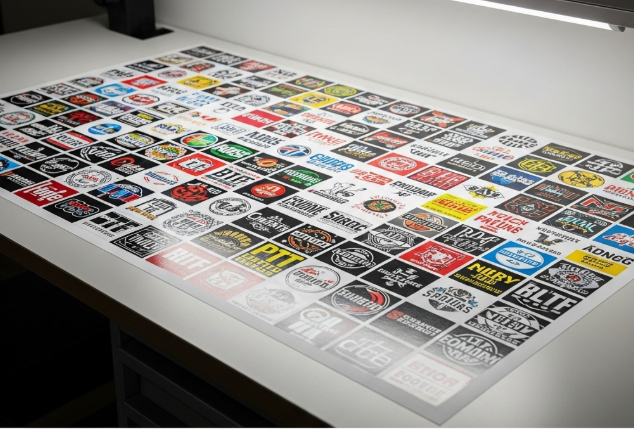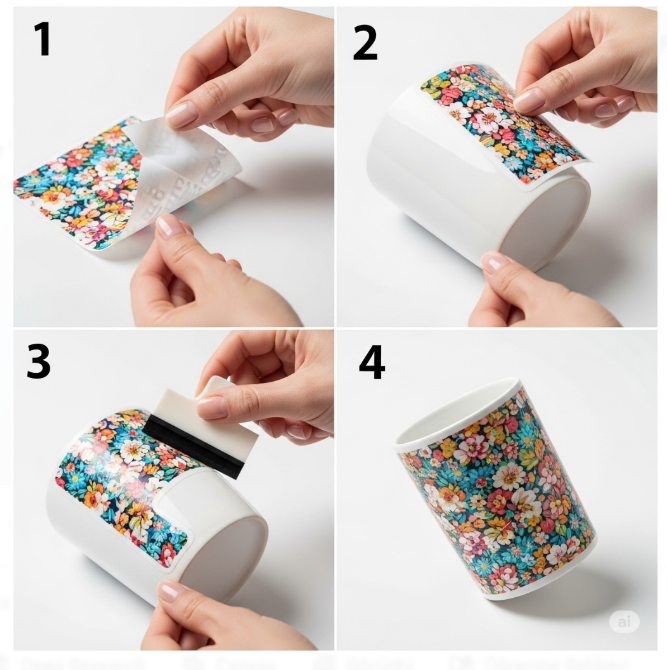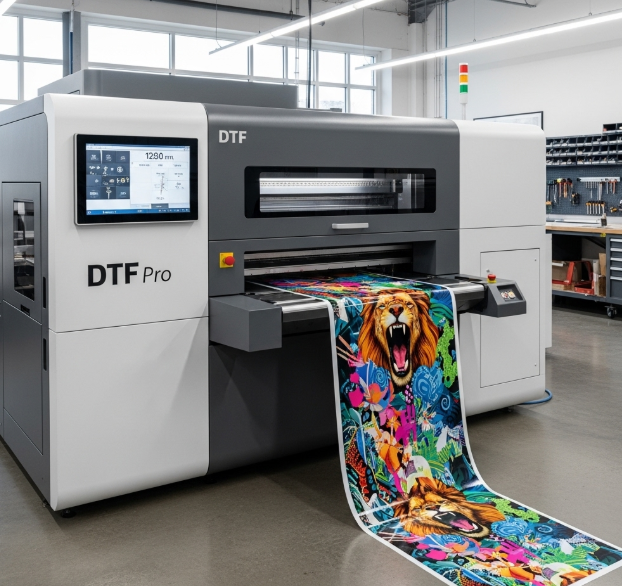
What is a Gang Sheet for DTF
What is a Gang Sheet for DTF?
Direct-to-Film (DTF) printing has revolutionized custom apparel production. Whether you’re a small business or a hobbyist, efficiency and cost-effectiveness are key. That’s where a gang sheet for DTF comes in. But what exactly is it, and why is it so important? Let’s dive in.
Understanding DTF Gang Sheets
A gang sheet is a single transfer sheet that contains multiple designs arranged together. Instead of printing one design at a time, a gang sheet allows you to print several designs simultaneously.
Think of it like a puzzle: each piece is a separate design, but they are grouped on a single sheet for efficiency. Also, this approach helps reduce material waste.
Benefits of Using
💰 Cost Efficiency: Printing multiple designs together saves ink and material.
⏱️ Time Saving: You can produce more items in less time.
🎨 Consistency: Ensures uniform color and quality across designs.
🛍️ Ideal for Small Businesses: Perfect for batch production or bulk orders.
However, even with small orders, gang sheets can be useful for testing multiple designs at once.
How Gang Sheets Work in DTF Printing
-
Design Preparation: First, arrange multiple graphics on a single sheet using design software.
-
Printing: Print the entire gang sheet using a DTF printer.
-
Powder Application: Apply adhesive powder to the printed sheet.
-
Curing: Cure the powder to ensure the designs stick to the film.
-
Transfer: Use a heat press to transfer each design onto garments or items.
By printing all designs together, gang sheets streamline the production process and reduce waste. Also, they help maintain consistent quality across all designs.
Applications of
Extremely versatile and are used in various industries:
👕 Custom Apparel: T-shirts, hoodies, and sweatshirts for retail or personal use
🧢 Accessories: Hats, tote bags, and pillow covers
🎁 Promotional Products: Bulk merchandise for events or marketing campaigns
🛍️ E-commerce Businesses: Selling multiple designs efficiently without slowing production
Tips for Creating the Perfect
-
Optimize Space: Arrange designs to minimize wasted material.
-
Check Resolution: Ensure each design is high-quality to maintain clarity.
-
Consider Size: Make sure designs fit well on the final product.
-
Test Print: Run a sample print to check alignment and color accuracy.
By following these tips, you can maximize efficiency and maintain professional-quality results. Also, a well-prepared gang sheet minimizes errors during production.
Gang Sheets vs. Single Transfers
| Feature | Gang Sheet | Single Transfer |
|---|---|---|
| Printing Time | Faster (multiple designs at once) | Slower (one design at a time) |
| Cost | More economical | Less economical |
| Material Usage | Efficient | Higher waste |
| Best For | Bulk orders | Small, unique items |
However, single transfers may still be better for very small, unique orders.
Conclusion
Using multi-design transfer sheets is an essential strategy for anyone aiming to improve production efficiency, reduce material costs, and maintain high-quality results across all projects. By combining several designs on a single sheet, you can significantly streamline your workflow, save time, and optimize your printing process.
Whether you are managing a small clothing line, producing personalized gifts, or running a creative workshop, these multi-design sheets make the process faster, more organized, and more professional. Also, they ensure uniformity across all prints, reducing the chance of errors or color inconsistencies.
Another advantage is sustainability: by printing multiple designs at once, you minimize waste of both materials and energy, making your operation more environmentally friendly. This approach is perfect for bulk production, limited-edition collections, or any project that requires high consistency and visual appeal.
In addition, using combined transfer sheets allows for better planning and inventory management. You can organize your designs efficiently, prepare multiple items at once, and meet deadlines more easily. Also, it gives you the flexibility to experiment with new layouts, styles, and creative combinations without slowing down your production.
Ultimately, adopting this method improves both the quality of your finished products and the overall efficiency of your workflow. It is a practical solution for anyone who wants to achieve professional-level results while saving time, materials, and effort.

